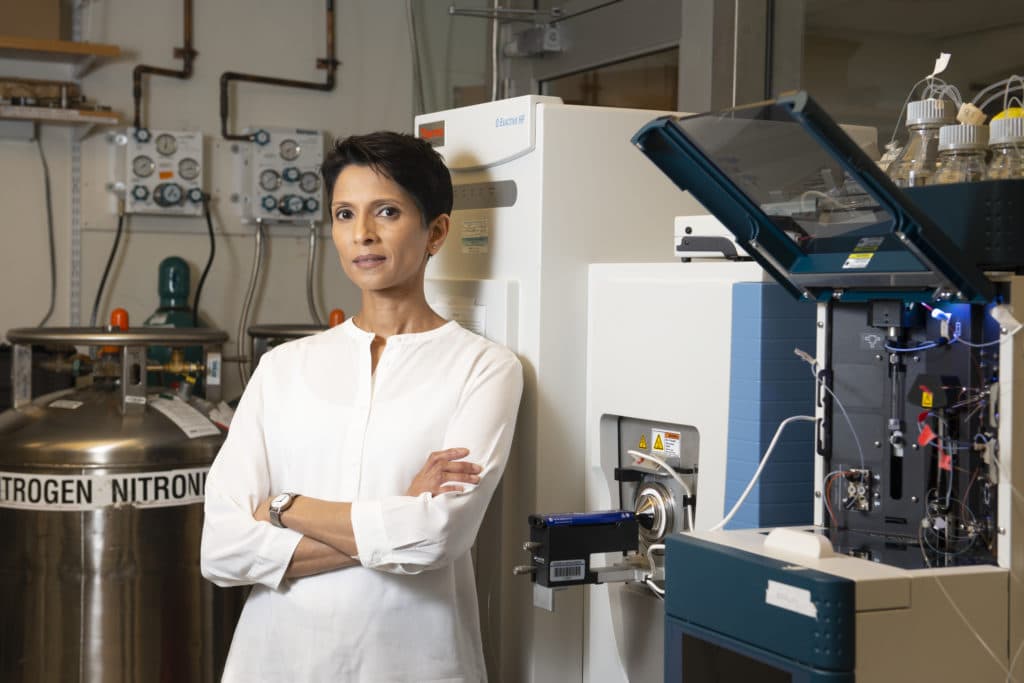AFTD and ADDF Announce Four New Research Awards

AFTD and The Alzheimer’s Drug Discovery Foundation (ADDF) have awarded four new research grants, totaling $3.4 million, to advance the science of FTD and hasten the development of novel treatments.
“This kind of commitment provides critical support for funding research that examines the multiple biological pathways thought to cause these diseases. Our four new research awards are prime examples of this,” explains Susan L-J Dickinson, AFTD CEO.
The awards were announced in late September, during World FTD Awareness Week 2020.
Judith Steen, PhD, Associate Professor of Neurobiology at Harvard Medical School (pictured above), received an award through ADDF’s Diagnostics Accelerator. She will develop a blood test to distinguish between tau and TDP-43 protein accumulations – biomarkers that are fingerprints of FTD and other neurodegenerative diseases. “Proteomics, the study of proteins, is an important avenue of FTD scientific investigation, one that AFTD has supported for a long time,” said Debra Niehoff, Ph.D., AFTD Research Manager. “This area holds much promise for future diagnosis and treatments.”
Dr. Steen’s lab has pioneered methods to identify different proteins with the highest level of accuracy. Using a blood test, a physician could make a differential FTD diagnosis and enroll individuals in the right clinical trials: a significant step toward determining which therapies may offer hope.
The drug rotigotine is commonly used to treat Parkinson’s. But when Giacomo Koch, MD, PhD, and his colleagues at the Santa Lucia Foundation in Rome ran a clinical trial that repurposed rotigotine for Alzheimer’s patients, they discovered improved cognitive function for those with mild-to-moderate disease. Now, through a grant through the TreatFTD Fund, Dr. Koch will launch a study with rotigotine to learn if persons with behavioral variant FTD can benefit.
Other newly funded research includes the work of Emiliano Santarnecchi, PhD, and a team from Beth Israel Deaconess Medical Center, who will explore if a low-intensity brain stimulation device can modify FTD symptoms. Dr. Santarnecchi also received an award through the TreatFTD Fund, which was made possible by generous multi-year commitments from the Samuel I. Newhouse Foundation and the Lauder Foundation, Leonard Lauder, and Ronald S. Lauder.
“Every day, we stay strategically focused to advance research with the most potential to improve quality of life for those with FTD – and ultimately, to eradicate this insidious brain disease,” said Penny Dacks, PhD, AFTD Senior Director of Scientific Initiatives.
Dieter Edbauer, MD, and colleagues at the German Center for Neurodegenerative Diseases in Bonn are developing a treatment using immunotherapy to target the C9orf72 mutation – a common genetic cause of FTD and ALS. Dr. Edbauer’s award was made through the Accelerating Drug Discovery for FTD Fund.
By Category
Our Newsletters
Stay Informed
Sign up now and stay on top of the latest with our newsletter, event alerts, and more…
